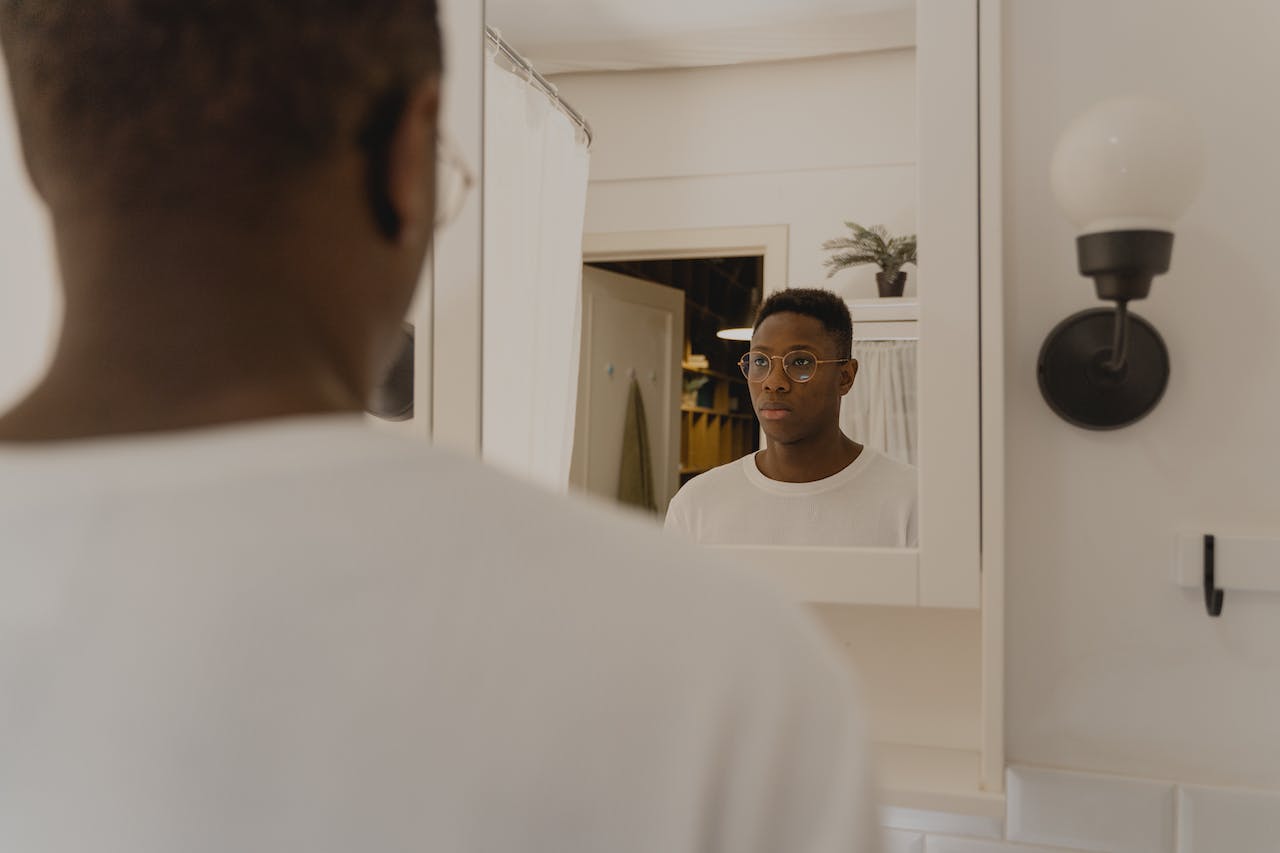Over forty-five years ago, László Polgár was a published author and believer in the theory that genius is made, not born. He was convinced that early and intense specialization in a particular subject produces incredible results. But he wanted to test this theory personally. He wanted a wife with whom he could partner to raise kids radically committed to one thing. He married Klara, and when their firstborn daughter Susan was four, she discovered a chess set while rummaging through a cabinet. Susan’s interest was peaked, so the family decided to focus on chess.
Chess would become their one thing.
Neither László nor Klara were strong chess players. Klara did not know one chess rule when the board was discovered. But László began to practice chess with great intentionality and intensity with his daughter Susan and the two daughters to follow. László fought for permission from the Hungarian authorities for the right to homeschool his daughters, and hours each day were devoted to chess. Their apartment in Budapest was filled with thousands of books on chess and a file card system that allowed them to evaluate previous matches.
The results of the deliberate practice are incredible. Susan, at the age of 21, became the world’s first female grandmaster in chess. Judit, the youngest daughter, is known as the greatest female chess player in history. And Sophia, the middle daughter, was once ranked the sixth strongest female player in the world. At least two thoughts emerge from reading their remarkable story:
1) There is power in focusing on one thing.
When there is one overarching passion that drives a person, an organization, or a ministry, the clarity is liberating. Decisions are made in light of the one thing. Schedules reflect the priority of the one thing. And the energy focused in one direction makes a major impact.
For a local church, the main thing must be the person and work of Jesus. I love what Tim Keller says in Center Church: “Because the gospel is endlessly rich, it can handle the burden of being the one ‘main thing’ of a church.”
2) He is the only “one thing” that will satisfy.
Many believe that the middle daughter, Sophia, had the ability to be the best, but she did not work as hard at the game as the other two. For a season, however, the game would not leave her alone. She was obsessed with it. Her father once found her in the bathroom in the middle of the night with a chessboard balanced across her knees. “Sophia, leave the pieces alone!” her father said, shaking his head. “Daddy, they won’t leave me alone!” she replied. But in the end, other things captured her heart. She said, “It’s not that chess was too much for me; it was too little.” (*)
Whatever our “one thing” is, it won’t leave us alone. Whatever or whoever is our god ultimately owns us. And if we allow something other than Him to be our one thing, we are attempting to allow a lesser thing to satisfy us. We are wise if we realize that the things of this world are not too much for us but too little. They are not too great. They are not great enough.
Or as C.S. Lewis stated:
It would seem that Our Lord finds our desires not too strong, but too weak. We are half-hearted creatures, fooling about with drink and sex and ambition when infinite joy is offered us, like an ignorant child who wants to go on making mud pies in a slum because he cannot imagine what is meant by the offer of a holiday at the sea. We are far too easily pleased.




